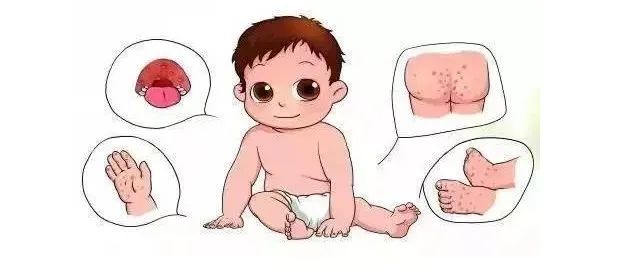A seven-month-old baby may cry and vomit milk at night, which could be due to the baby’s discomfort, such as fever, leading to poor appetite and digestive discomfort. When the baby has a fever, they may resist drinking milk, which is a normal reaction. Once the baby fully recovers, their diet usually returns to normal. During this period, feeding times can be adjusted flexibly according to the baby’s needs, avoiding force-feeding and ensuring an adequate intake of fluids for the baby.
For infants of the same age group, if they have diarrhea, vomit milk, refuse to eat, and cry, the first thing to consider is a digestive system issue, possibly indigestion or enteritis. At this time, it is recommended to conduct a stool test to determine the specific cause. If it is due to indigestion, you can try giving the baby some drugs that regulate the spleen and stomach, such as Shanmai Jianpi oral liquid and Simidatong. If the condition is serious, seek medical attention promptly and consider intravenous therapy if necessary. Also, adjust the feeding intervals appropriately, pause or reduce complementary food additions until the symptoms improve.
Vomiting milk is a common phenomenon in infants, usually associated with burping, and a small amount of milk may overflow. To prevent excessive vomiting, hold the baby upright and pat their back after feeding until they burp. Vomiting milk is not related to the brand of formula milk; the correct feeding method is more critical.
If a seven-month-old baby frequently vomits milk and continues to cry, it may be a sign of immature digestion or food stasis. You can try using Simo soup to alleviate the symptoms, administer it according to the doctor’s instructions, half an hour before feeding, and there should be some improvement within a few days. Subsequently, give the baby a moderate amount of boiled water, which helps with digestion.
Facing these symptoms in a baby, parents need to stay patient, adjust caregiving methods timely, and seek professional medical advice when necessary.


